Anniversary of Đinđić assassination marked in Serbia
Today marks nine years since the leader of the Democratic Party (DS) and Serbia's first democratically elected premier, Zoran Đinđić, was assassinated.
Monday, 12.03.2012.
09:27

Today marks nine years since the leader of the Democratic Party (DS) and Serbia's first democratically elected premier, Zoran Djindjic, was assassinated. Representatives of his party, members of its presidency and ministers, as well as citizens, visited his grave in Belgrade's New Cemetery. Anniversary of Djindjic assassination marked in Serbia Members of the Democratic Party (DS) Presidency led by Serbian President Boris Tadic and Djindjic's widow Ruzica Djindjic, laid wreaths and paid their respects at Djindjic's grave at the New Cemetery in Belgrade. DS vice presidents Dragan Djilas, Bojan Pajtic, Dusan Petrovic and Jelena Trivan, as well as ministers from the government and several hundred members of the DS and citizens paid their respects to the former prime minister. Ministers from Djindjic's government Aleksandar Vlahovic, Slobodan Milosavljevic, Gaso Knezevic and former PM Zoran Zivkovic visited the grave earlier in the day. In the afternoon in the Yugoslav Drama Theater, young participants took part in a debate competition organized in Djindjic's honor, that was judged by President Boris Tadic and Djindjic's widow Ruzica Djindjic, who heads a foundation named after the former prime minister. The DS Youth also organized a walk in his honor. Djindjic, who came to power in January 2001 after the fall of the regime of Slobodan Milosevic several months earlier, was shot and killed from a sniper rifle on March 12, 2003, in the yard of the government HQ in Belgrade. He was one of the founders of the Democratic Party (DS), and was at its helm from 1994 until his death. In 1997, he was elected the first non-communist mayor of Belgrade since 1945, on a ticket of an opposition coalition. His resignation was demanded after seven months by his coalition partner, the Serbian Renewal Movement (SPO). Djindjic was a veteran of the Serbian opposition to Milosevic and one of the most prominent leaders of a broad coalition dubbed the Democratic Opposition of Serbia ( DOS), which went to elections in September 2000 to win both on the federal and republic levels. Former commander of the Special Operations Unit (JSO) Milorad Ulemek aka Legija was put on trial and found guilty as the organizer of a group that conspired to kill Djindjic. Zvezdan Jovanovic, in active service in the unit at the time of the assassination, was found guilty of firing the shots that killed the prime minister. Both are currently serving their 40-year prison sentences. The members of the unit - set up in the 1990s by the state security (DB) - were found to have conspired to commit the murder with members of the Zemun Clan organized crime gang. (Beta) "Political background unsolved" Journalist Vojislav Tufegdzic said on Monday that since the end of the trial for Djindjic's assassins, "nothing has been done to shed further light on his murder". "Everything that has been said about the background of the murder in all these years received no backing in some evidence, or facts," he noted. According to Tufegdzic, it is good that an indictment was recently raised against several members of the now disbanded JSO for their participation in a protest organized in late 2001 - and that the incident will go to court and is treated as armed mutiny. "In hindsight, the mutiny clearly had some strong political background, considering that it (the unit) was at the time an armed force that could not be, or would not be, stood up to, because of its strength, real or imagined. In any case, there are many converging points with politics - I am not saying, direct involvement, but converging points with politics and politicians did exists," said this journalist, and added that it remains to be determined during the court proceedings whether this convergence happened "before or after the mutiny". B92 Beta
Anniversary of Đinđić assassination marked in Serbia
Members of the Democratic Party (DS) Presidency led by Serbian President Boris Tadić and Đinđić's widow Ružica Đinđić, laid wreaths and paid their respects at Đinđić's grave at the New Cemetery in Belgrade.DS vice presidents Dragan Đilas, Bojan Pajtić, Dušan Petrović and Jelena Trivan, as well as ministers from the government and several hundred members of the DS and citizens paid their respects to the former prime minister.
Ministers from Đinđić's government Aleksandar Vlahović, Slobodan Milosavljević, Gašo Knežević and former PM Zoran Živković visited the grave earlier in the day.
In the afternoon in the Yugoslav Drama Theater, young participants took part in a debate competition organized in Đinđić's honor, that was judged by President Boris Tadić and Đinđić's widow Ružica Đinđić, who heads a foundation named after the former prime minister. The DS Youth also organized a walk in his honor.
Đinđić, who came to power in January 2001 after the fall of the regime of Slobodan Milošević several months earlier, was shot and killed from a sniper rifle on March 12, 2003, in the yard of the government HQ in Belgrade.
He was one of the founders of the Democratic Party (DS), and was at its helm from 1994 until his death.
In 1997, he was elected the first non-communist mayor of Belgrade since 1945, on a ticket of an opposition coalition. His resignation was demanded after seven months by his coalition partner, the Serbian Renewal Movement (SPO).
Đinđić was a veteran of the Serbian opposition to Milošević and one of the most prominent leaders of a broad coalition dubbed the Democratic Opposition of Serbia ( DOS), which went to elections in September 2000 to win both on the federal and republic levels.
Former commander of the Special Operations Unit (JSO) Milorad Ulemek aka Legija was put on trial and found guilty as the organizer of a group that conspired to kill Đinđić. Zvezdan Jovanović, in active service in the unit at the time of the assassination, was found guilty of firing the shots that killed the prime minister. Both are currently serving their 40-year prison sentences.
The members of the unit - set up in the 1990s by the state security (DB) - were found to have conspired to commit the murder with members of the Zemun Clan organized crime gang.
"Political background unsolved"
Journalist Vojislav Tufegdžić said on Monday that since the end of the trial for Đinđić's assassins, "nothing has been done to shed further light on his murder"."Everything that has been said about the background of the murder in all these years received no backing in some evidence, or facts," he noted.
According to Tufegdžić, it is good that an indictment was recently raised against several members of the now disbanded JSO for their participation in a protest organized in late 2001 - and that the incident will go to court and is treated as armed mutiny.
"In hindsight, the mutiny clearly had some strong political background, considering that it (the unit) was at the time an armed force that could not be, or would not be, stood up to, because of its strength, real or imagined. In any case, there are many converging points with politics - I am not saying, direct involvement, but converging points with politics and politicians did exists," said this journalist, and added that it remains to be determined during the court proceedings whether this convergence happened "before or after the mutiny".


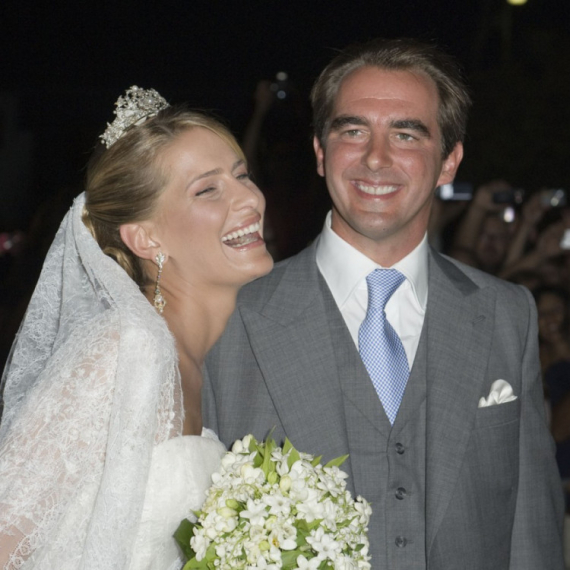










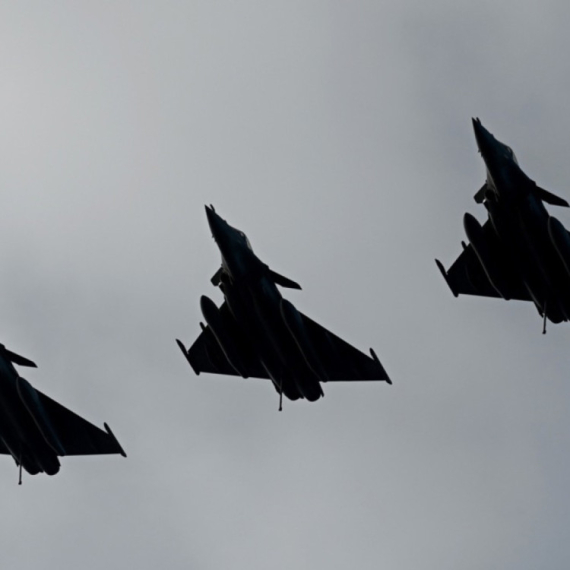


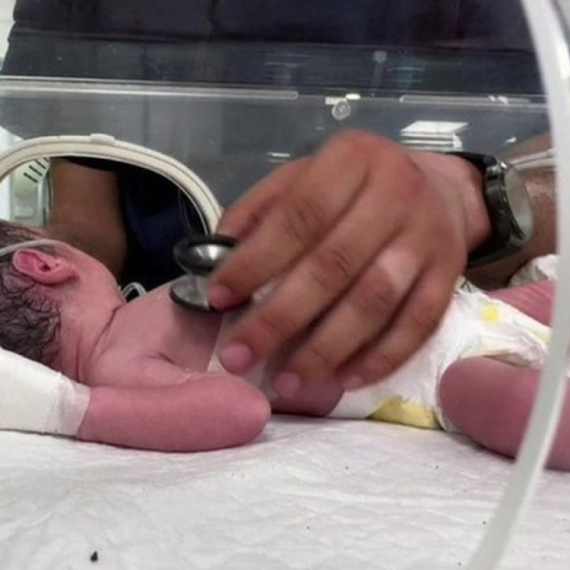
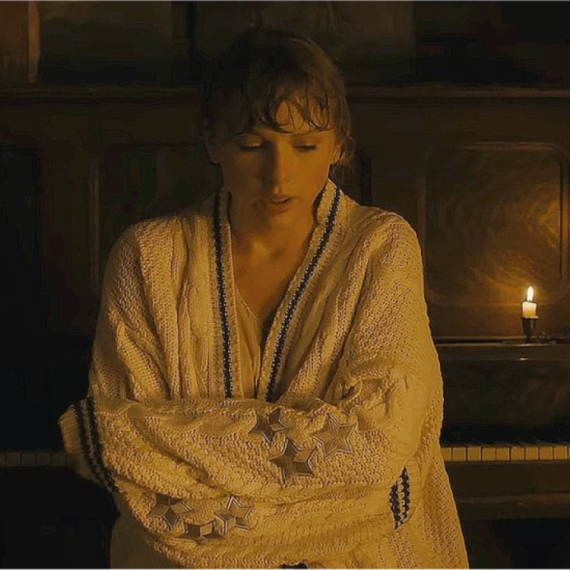
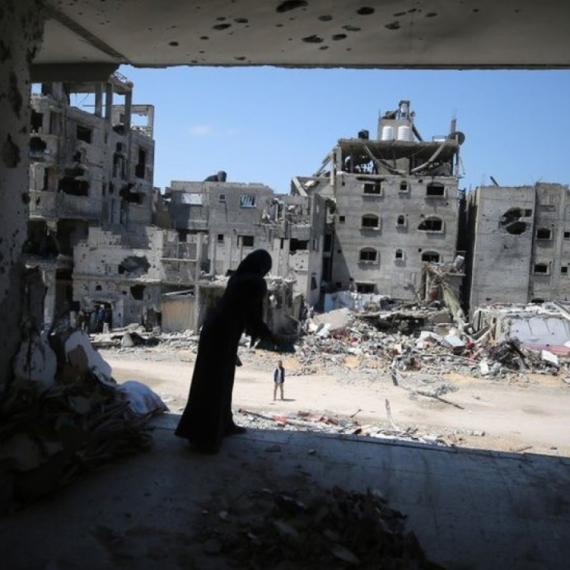
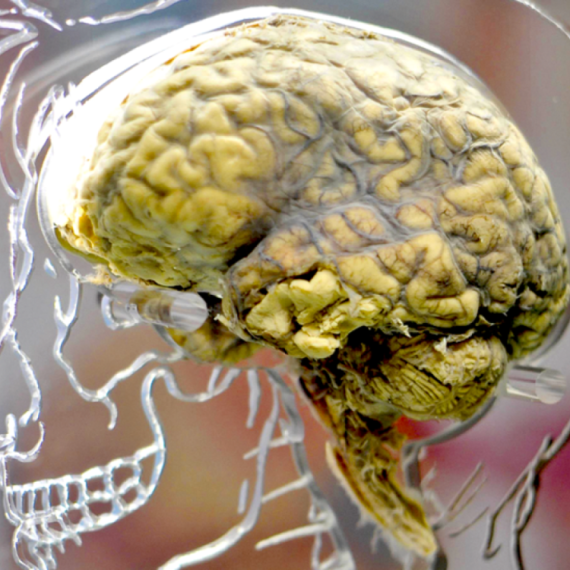

Komentari 22
Pogledaj komentare